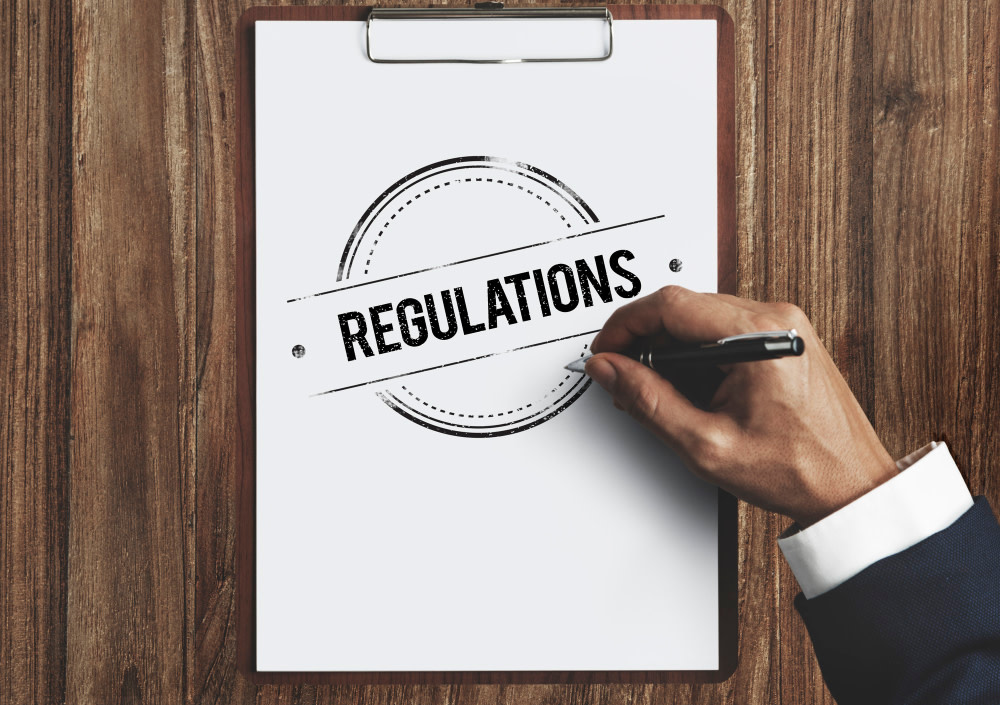ESG Standards in 2023: Everything You Need To Know

When it comes to ESG standards today, there is a tonne of information online that you can tap into. It’s a tad overwhelming just how much there is available.
Between various quick guides and ESG reporting frameworks, here is a general idea of what you need to know:
Read: The Anti-ESG Movement Explained
Standards And Frameworks
ESG reporting is the core of the ESG movement, as it’s the sole method for businesses to communicate their goals and progress pertaining to environmental, social, and governance issues to stakeholders. Public companies have been doing this for decades with investors, and ESG is more of a movement to encompass everyone beyond investors.
But when it comes to reporting specifically, there is so much information because ESG covers a broad spectrum of problems. As a result, there are several reporting standards, each tasked with specific goals, frameworks, and what needs reporting. Some of the most notable are:
(EU CSRD) ESRS: EU Sustainability Reporting Standards
UNFSS: United Nations Forum on Sustainability Standards
CDP: Carbon Disclosure Project
GRI: Global Reporting Initiative
(IFRS) ISSB: International Sustainability Standard Board
Read: What is B Corp and How Does it Help Small Businesses?
Why Are They Necessary?
Ultimately, these standards are there as a temporary fix. A fix to the issue that there isn’t a universal reporting standard out just yet. This is one of the biggest issues with ESG reporting today because these various standards create a patchwork system that makes it difficult to compare businesses to one another.
Because of this lack of a universal reporting standard, this at least provides an alternative and some sense of standardisation since businesses are being mandated to report on ESG issues, and they’re going to need something at the very least. Related: The Ever-Changing Landscape Of ESG
What Do These Reports Include?
When it comes to following these standards, there is some variance. For example, the CDP has more of an emphasis on environmental impact over social and governance. When dealing with international standards from the EU or the United Nations, these are broader and will cover all three.
Ultimately, the reports that businesses send out annually cover environmental, social, and governance issues in this particular manner:
Environmental: They focus on how the company is combatting climate change, how they are reducing carbon emissions and waste, and how they are using resources and supply chains responsibly.
Social: What the company is doing to improve people’s lives. This covers a company’s efforts to nurture workers and the surrounding community, how inclusive they are of people of colour and LGBTQ+ people, how seriously they take data protection and privacy, community involvement, and human rights and labour standards.
Governance: What the company is doing to stomp out corruption within the company. This normally covers internal controls as well as any policies, principles, and procedures they have for the board of directors and other executives. It also looks at whether the company is making political contributions, lobbying, or bribing anyone, and how robust their whistleblower programmes are.
Featured: The EU Has ‘Fixed’ ESG Reporting. Here Is How
ESG Standards Are A Work In Progress
The biggest thing to understand about ESG standards today is that, while there is a lot out there, they are a work in progress. They will change and shift around, especially these days as we are waiting for more universal standards to be set up. But that doesn’t mean we should forgo reporting standards today.
If it pertains to you in any way, it helps to use a framework and at least start using it. It’ll be good practice when the standards are more universally established.
ESG reporting is in evolution. Keep up at our Regulators page.

